Science Illustrated delivers natural science, break through discoveries and an understanding of the world for the entire family. Packed with stunning photography and in-depth editorial it’s a visually spectacular gateway to the world looking into the beginning of life to distant objects in the universe.
Win • A JOURNEY 1884 WATCH thanks to VICTORINOX
Science Illustrated
MEGAPIXEL
Massive magma chamber identified beneath Yellowstone • Yellowstone National Park in the US sits on top of an active supervolcano. A new model reveals there may be twice as much molten rock beneath it as previously believed.
The world’s oldest brain found in tiny marine creature • Half-billion-year-old fossils may help settle a heated discussion about brain development in the most species-rich group of the animal kingdom.
Difficulties falling asleep? Science offers the best solution • Scientists followed the sleep patterns of more than 500 people over three years. Their results confirm that one factor has particular influence over how quickly we fall asleep.
Pupa milk keeps ant colony alive • A nourishing liquid secreted by ant pupae helps feed the colony, and may provide a central and hitherto-overlooked interaction network in ant societies.
Human empathy extends to animals • A new study indicates that one specific human characteristic makes you better at decoding emotion-laden animal sounds.
More lakes are bad news • A survey of the world’s lakes delivers a surprising and worrying conclusion.
Light exercise is more efficient • A new study reveals that you can exercise much less and achieve the same result – if you choose the right specific type of exercise.
Palaeontologists solve fossil cemetery mystery • For decades, a mysterious collection of bones from one of Earth’s biggest marine giants has puzzled scientists. Now they may have found the answer.
Three simple tricks improve your mornings • In addition to improving your sleep (see p12), scientists are offering three simple practices to improve how refreshed you feel in the morning.
28 supernova remnants spotted • Astronomers have long wondered where supernova remnants are hiding in the Milky Way. Aussie radio-wave imaging has helped find some.
Could Earth run out of water? • How much water exists on Earth, when you count salt water, fresh water, and ice? Is the combined quantity of water constant, or could we ever run out?
What is an allergy? • What is happening in the body when we experience potentially dangerous allergic reactions? And are allergies inherited from our parents?
How does a seed know when to grow? • Plant seeds can remain in the ground for a long time before they start to germinate. How do they sense that it is time?
Why are vaccines so called?
Why can’t nuclear power solve the energy crisis? • According to predictions, Europe will lack adequate power generation for years to come. Why can’t the problem be solved by nuclear power, which is also good for the climate?
…it is dangerous to ignite farts? • “I have a friend who claims that he has set light to his farts. Can this be done, and is it dangerous?”
“I missed the Exmouth eclipse. When’s the next one?” • Only a small area of Australia enjoyed the total eclipse on 20 April. Happily, Australia is entering a busy eclipse period.
How do we know what dinosaurs ate?
Why do black boxes in planes not have GPS transmitters? • In 2014, Malaysia Airlines Flight 370 disappeared without trace. It is yet to be found. Why do the black boxes of big airliners not contain GPS transmitters, so they can more easily be located?
Our cities have many firework displays. How much pollution do they cause? • “I was wondering how much pollution is caused...
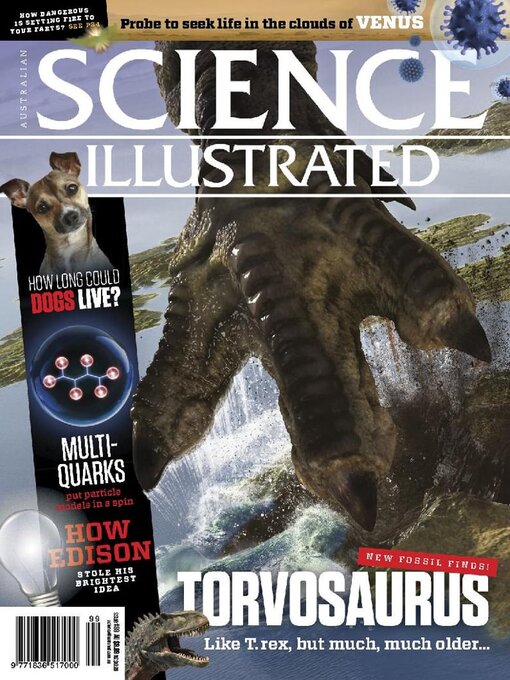
 Issue 111
Issue 111
 Issue 110
Issue 110
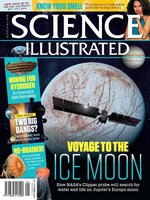 Issue 109
Issue 109
 Issue 108
Issue 108
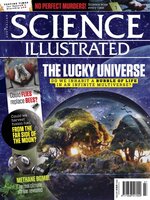 Issue 107
Issue 107
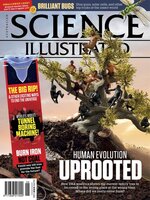 Issue 106
Issue 106
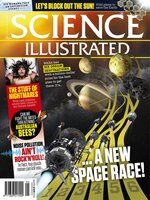 Issue 105
Issue 105
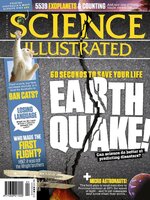 Issue 104
Issue 104
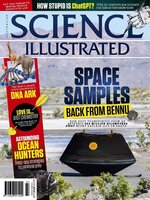 Issue 103
Issue 103
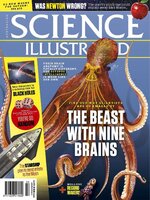 Issue 102
Issue 102
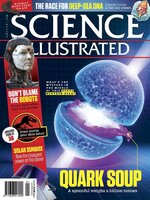 Issue 101
Issue 101
 Issue 100
Issue 100
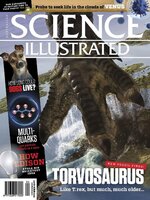 Issue 99
Issue 99
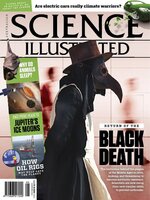 Issue 98
Issue 98
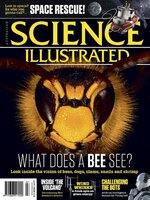 Issue 97
Issue 97
 Issue 96
Issue 96
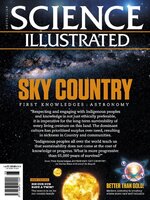 Issue 95
Issue 95
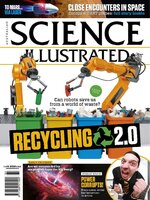 Issue 94
Issue 94
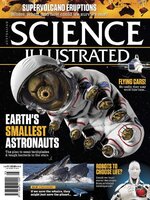 Issue 93
Issue 93
 Issue 92
Issue 92
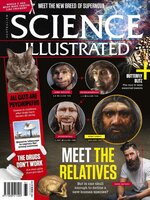 Issue 91
Issue 91
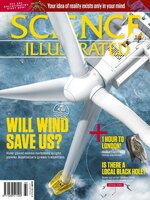 Issue 90
Issue 90
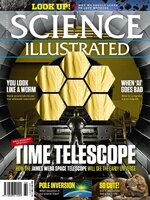 Issue 89
Issue 89
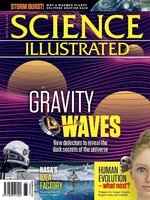 Issue 88
Issue 88
